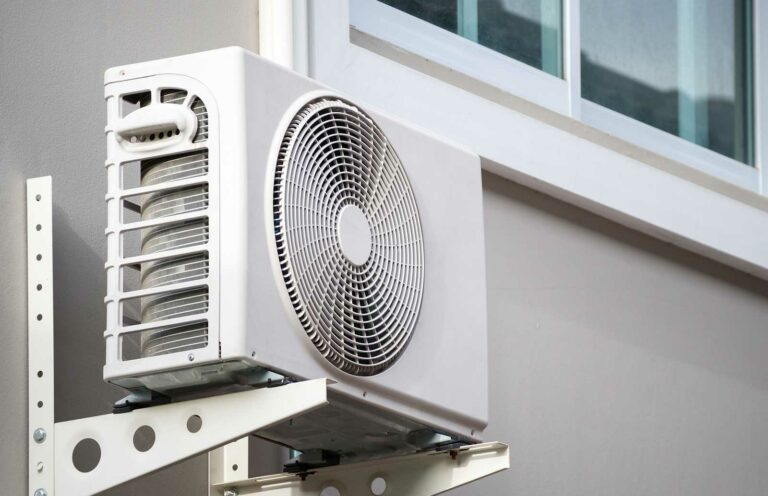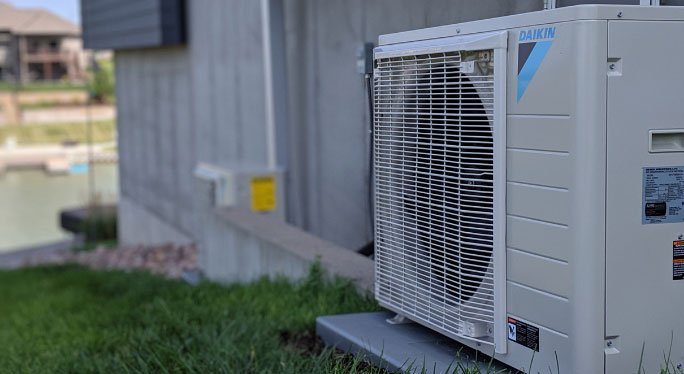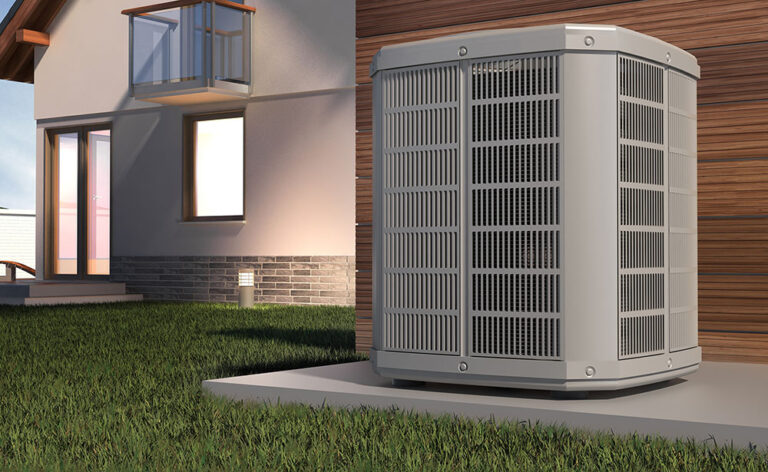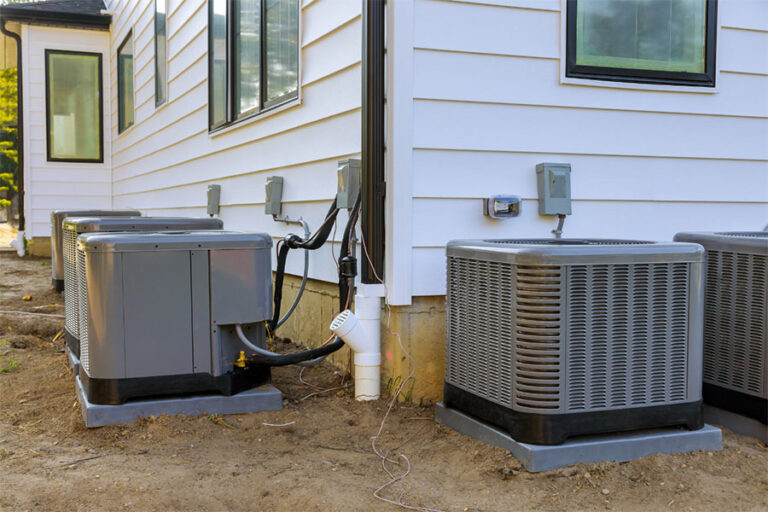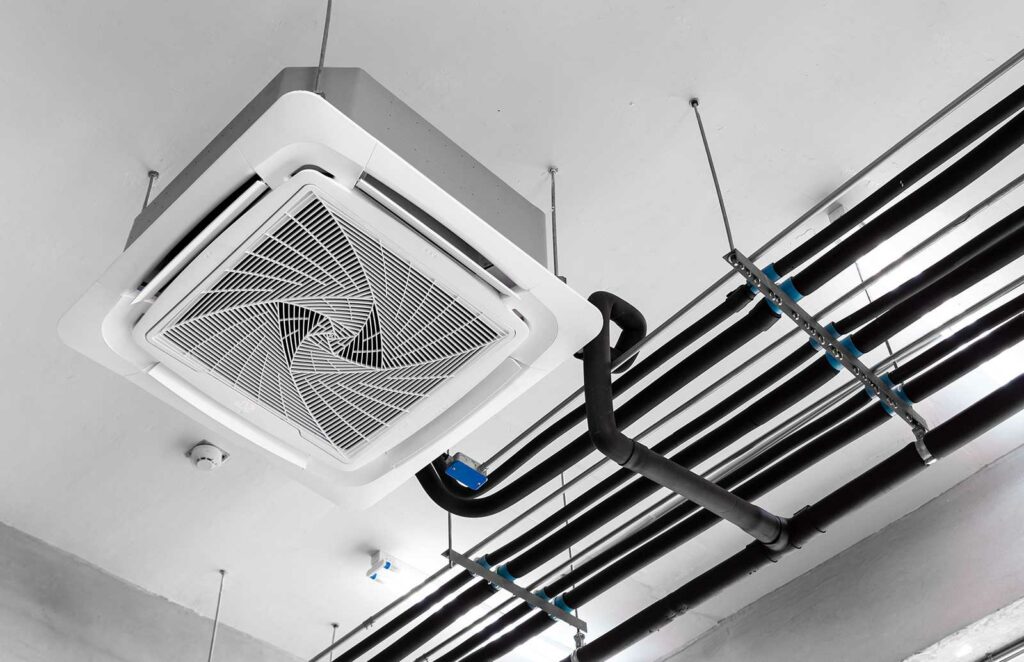
Selecting the right HVAC system size is very important for maintaining comfort and efficiency in your Boise home. A system that’s too large or too small can lead to increased energy bills, inconsistent temperatures, and unnecessary wear and tear.
Properly sizing your HVAC system ensures that it operates efficiently, keeps your home comfortable year-round, and saves you money in the long run.
Understanding HVAC Sizing: What Does It Mean?
HVAC sizing refers to the capacity of the heating and cooling system to regulate the temperature in your home, typically measured in British Thermal Units (BTUs).
The size of the system is directly related to the amount of heat it can add or remove from your home. While it might seem logical to choose a larger system to ensure ample heating and cooling, bigger isn’t always better.
An oversized Boise HVAC system can cycle on and off too frequently, leading to inefficient operation, increased energy use, and uneven temperatures. On the other hand, an undersized system will struggle to maintain the desired temperature, running constantly and wearing out faster.
Factors to Consider When Sizing Your HVAC System
Choosing the right HVAC size involves more than just looking at your home’s square footage. Several factors must be considered to ensure the system can handle Boise’s specific climate and your home’s unique characteristics:
- Home Size and Square Footage: The size of your home is the primary factor in determining the HVAC system size. Larger homes require systems with higher BTUs to heat and cool effectively.
- Insulation Quality: Proper insulation reduces the amount of heating and cooling needed. Homes with high-quality insulation will retain heat in the winter and stay cooler in the summer, reducing the demand on the HVAC system.
- Local Climate: Boise’s seasonal variations, including hot summers and cold winters, mean your HVAC system needs to be versatile and capable of handling both extremes. The system must be sized to provide adequate heating in winter and efficient cooling in summer.
- Windows and Orientation: The type, number, and orientation of windows can significantly impact heating and cooling needs. Large, south-facing windows may require more cooling in the summer, while poorly insulated windows can lead to heat loss in the winter.
- Ceiling Height: Higher ceilings mean more space to heat and cool, which can require a larger system to maintain comfort.
The Role of Professional Load Calculations
A professional Boise HVAC technician uses load calculations to determine the precise size of the system needed for your home.
These calculations, known as Manual J calculations, take into account all the factors mentioned above, along with others like air infiltration, the number of occupants, and even the types of appliances in your home.
This detailed analysis ensures that the HVAC system is neither too large nor too small but perfectly suited to your home’s needs.
Conclusion: Making the Right Choice for Your Home
Choosing the right HVAC system size ensures energy efficiency, comfort, and cost savings in your Boise home. Consider factors like home size, insulation, and climate, and rely on professional load calculations to find the perfect fit.
Need expert help? Contact Innovative Mechanical Solutions today! We’ll ensure your HVAC system is sized perfectly for maximum comfort and efficiency. Call us now!

